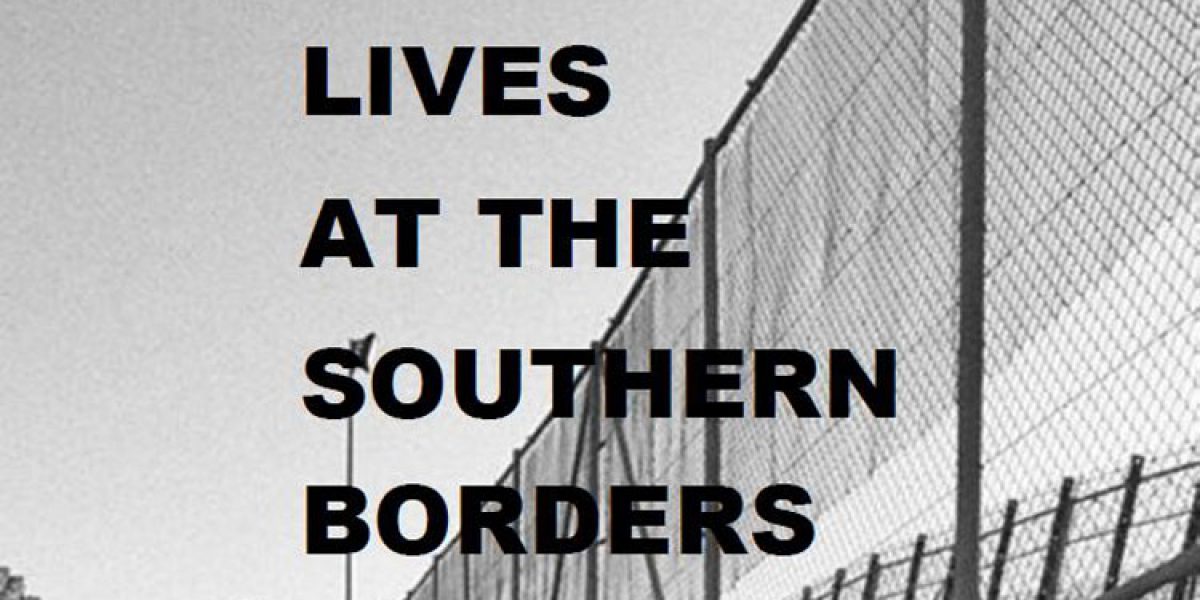
Madrid, 06 August 2014 – A special report Vidas en la Frontera Sur (Lives at the Southern Borders) based on two fact-finding missions to the Spanish borders with Morocco, calls on the Spanish government and the European Union to put human rights before border security. The report and recommendations were submitted to the Spanish Ombudsman at the end of July.
The Jesuit Refugee Service Europe sent a delegation to Melilla and Nador in March and the Jesuit Migrant Service Spain visited the cities in July. Both visits included a tour of both sides of the border fence, meetings with public and social institutions in Nador and Melilla, as well as with migrants who are trying to survive in the area around Nador.
Ever more obstacles have been put in place to try and stop forced migrants from reaching the Spanish enclaves of Melilla and Ceuta. Border fences have been reinforced with more barbed wire and border patrols have increased. Even if migrants succeed in entering the territory they are held in overcrowded reception centres where asylum procedures can take up to three years. The enclaves are not part of Schengen and there are no transfers to mainland Spain. Yet, despite these terrible, sometimes deadly, hurdles forced migrants still try to find a way to Europe.
Talking to the migrants, JMS Spain heard that they are well aware of the risks, but simply feel they have no other choice as their life in Morocco is so precarious. JRS Europe met 80 migrants living in the forest on the side of Mount Gurugu. Among the group were women and children, including babies. Some were severely injured from attempted crossings over the fence into Melilla. The people were ill-equipped for life in the forest: tattered sandals, no warm clothing.
“The people staying in the Gourougou forest are the poorest. They are deprived of the most basic means to survive,” said Stefan Kessler, JRS Europe’s Senior Policy Officer who was part of the delegation.
During their visits, the JMS and the JRS delegates found the atmosphere at the border crossing point between Melilla and Beni Ansar tense and aggressive. Some NGOs report indiscriminate violence (blows) used by Spanish and Moroccan forces to suppress the migrants.
“We are calling on the Spanish government and the European Union to value human life above border security” says Mr Kessler. “During our visits to Morocco we saw people living in great hardship and in fear of the authorities. In our report, we call for Europe to live up to its human rights responsibilities and take a leadership role in finding long-term solutions with its international partners. Simply handing all responsibilities for migrants over to Morocco is not only morally indefensible, but may result in a humanitarian crisis.”
The report makes the following conclusions and recommendations:
- Morocco is not a safe place for forced migrants. Spain and the European Union must stop the transfer of responsibilities for border control and refugee protection to Morocco.
- The international community must find long-term solutions that respect the rights of migrants. Transferring responsibilities to other countries simply according to their geographic location along migratory routes is unacceptable.
- Border security policy by Spain and the EU is endangering the lives of countless migrants. The protection of human life must be top of the agenda in a holistic migration policy that focuses on more than just border control.
- JMS-Spain and JRS-Europe draw attention to the harsh living conditions of the migrant and refugee in transit or locked in Morocco as a result of the Spanish and European immigration control policies. The adversities and the risks they face are rarely taken into account when designing policies that directly affect them.
We are calling on the Spanish government and the European Union to value human life above border security.

